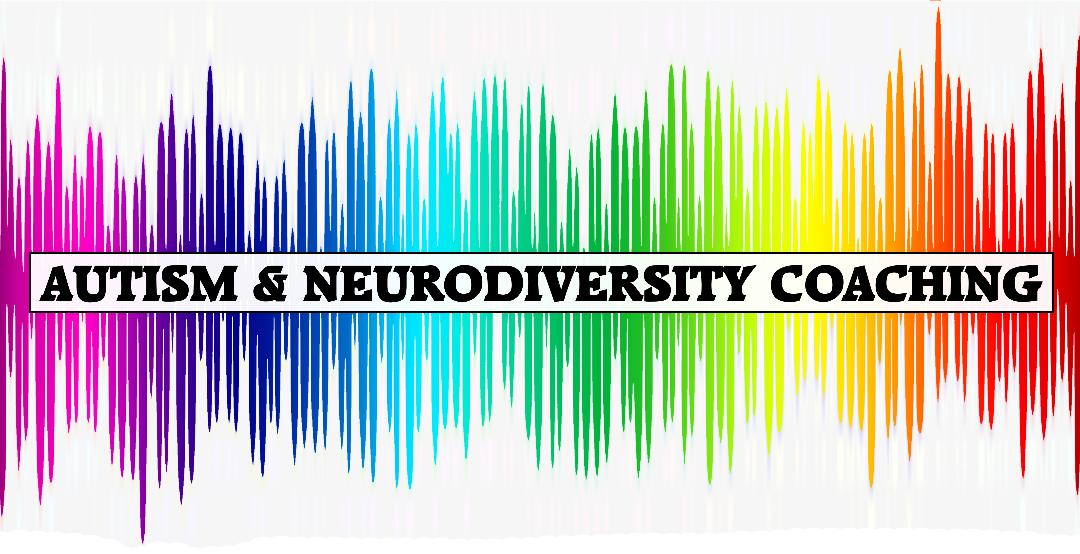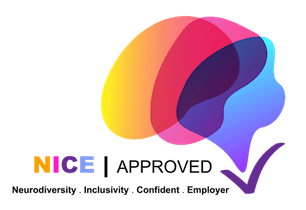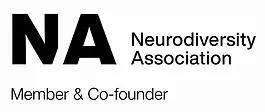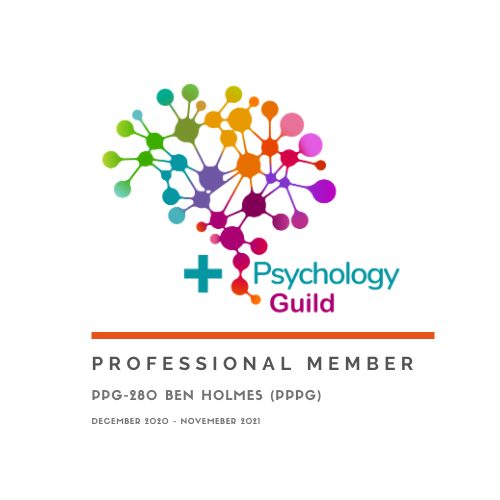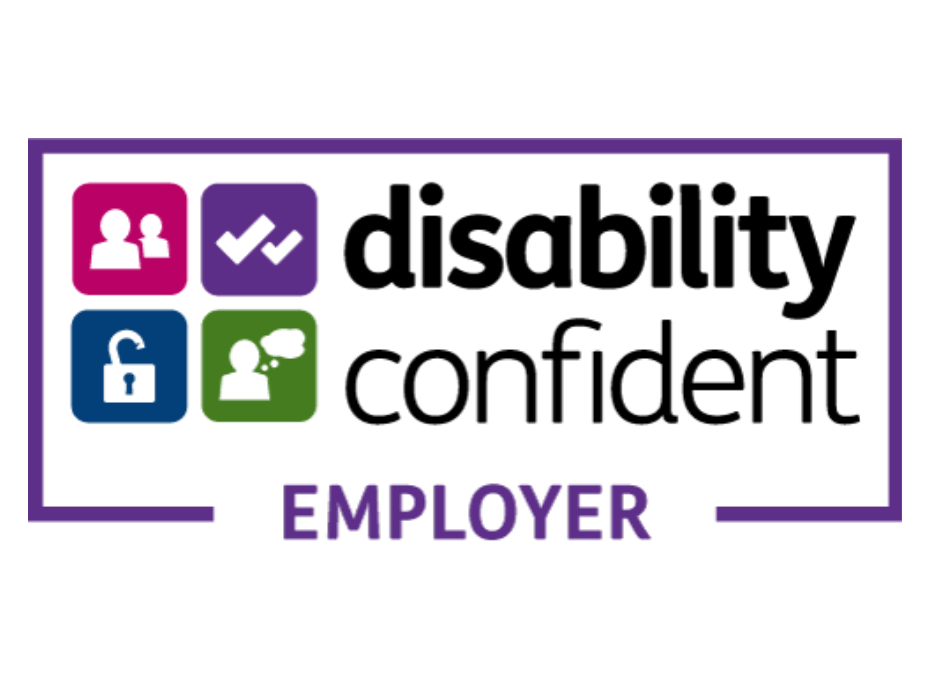About Autism and Neurodiversity

WHat is autism?
Ask this question to a range of different people and you’ll probably get a range of different answers. Some people think it’s a disease that needs curing, others think it’s a super power.
It definitely is not a disease that needs curing, but I do believe that it can be a super power to some. However, I believe that there are many autistics out there that do not see it as one and they have the right to see it that way.
Some of us are blessed with having special talents, but some of us aren’t. My opinion, as someone that is autistic, is that it is merely a difference to how the brain is wired compared to a neurotypical person. I do not believe it is a disability or a mental health condition.
Many refer to autism as a disorder, I do not agree with this categorisation either. It often isn’t easy for someone new to autism to understand the differences though. For example I don’t believe autism in itself is a disability, because when not around others many autistic people are fine. It is different however, if they have disabilities as well as being autistic though I.E. if someone is autistic but also has dyslexia.
Autism is not a mental health condition like OCD. It is also not a disorder, as there is nothing wrong with autism. Whereas OCD for example, tells sufferers of the disorder to do things that they don’t want to do. Put in the most simplest of terms, autism is mainly based around truth and logic. Autism is often comorbid with conditions such as dyslexia, dyspraxia, ADHD, and various anxiety disorders.
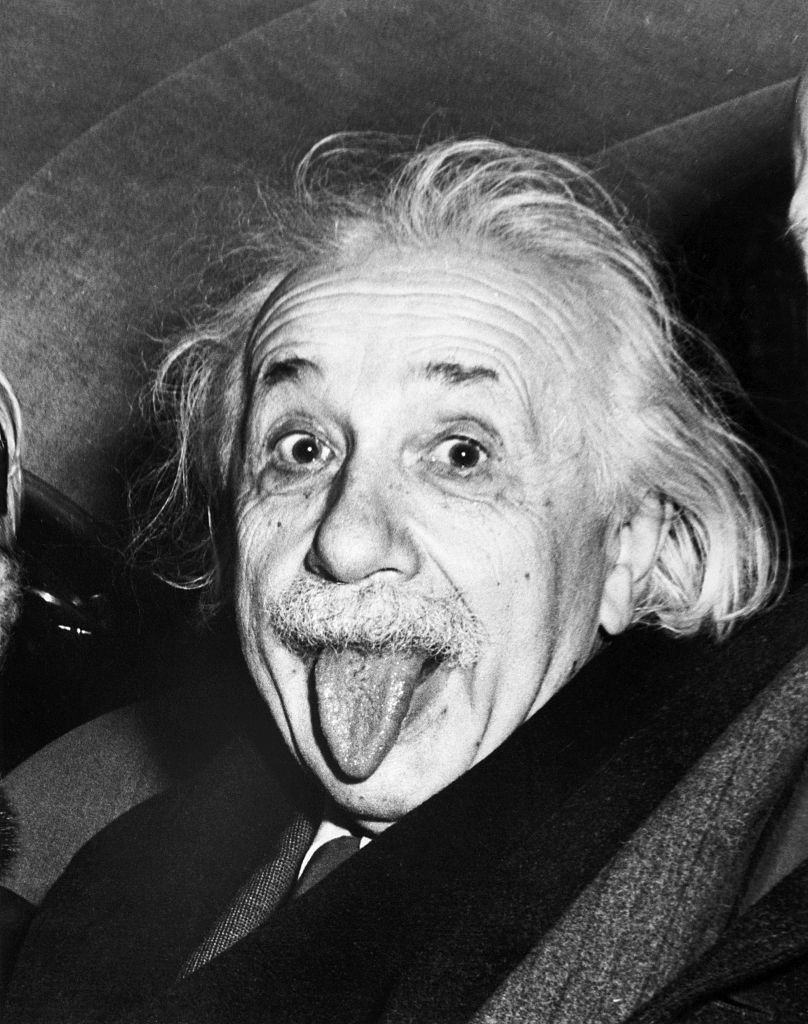
To make things more complicated, when asked to state whether they have a disability or not, such as when applying for jobs, autism is classed as a disability and autistics are advised to state that they do have a disability. This is because more often than not, autistics are outnumbered compared to neurotypicals when in the workplace etc and therefore their needs are often not catered for. So if they state that they are autistic, they may get additional support. For example, an autistic person may be very sensitive to light. If they are on their own they simply do not have strong lights on, but the workplace may refuse to do the same, and so this disadvantages the autistic person.
Autism is awesome. Autism is brilliant. Autism means being different. Autism is not boring. Autism is inclusive. Autism is creative. Autism notices what others don't. Autism is honest. Autism doesn’t judge. Autism drives humanity forward. Many of the world's most influential people are/were autistic. Generally autistic people prefer routine and structure. Generally autistic people think outside the box and can bring a unique set of skills to life and the workplace.
What Is neurodiversity?
The term Neurodiversity describes variations in the human brain, and how the brain is wired differently. This includes how people interact socially, how they learn, their attention skills, mood regulation, and other mental functions. There is much debate as to which exact conditions make up neurodiversity. For example OCD is an Anxiety Disorder and therefore not in my opinion a neurodiverse condition, but others would disagree. However, it is commonly accepted that it includes Autism, ADHD, Dyslexia, Dyspraxia, Dyscalculia, and Dysgraphia. These conditions are lifelong, do not go away and people do not grow out of them.
People often confuse neurodiversity with a mental health condition. A key difference is that mental health conditions fluctuate over time. The term neurodiversity was created in 1998 by Australian sociologist Judy Singer. There is also much debate as to whether neurodiversity is a disability or not. Many autistic people and those with ADHD do not refer to them having a disability, but may class their Dyslexia or Dyspraxia as one.


